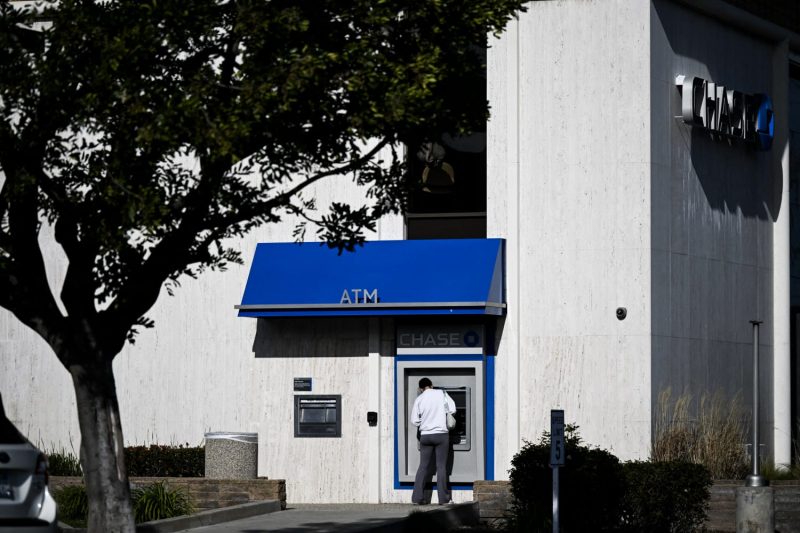In a recent turn of events, financial giant JPMorgan Chase has taken the unprecedented step of suing some of its customers who are alleged to have exploited a glitch in their systems to withdraw thousands of dollars of infinite money. This move, while surprising to many, raises important questions about accountability, security, and ethical behavior in the digital age.
The lawsuits, filed in multiple states across the United States, accuse the customers of taking advantage of a technical glitch that allowed them to make repeated withdrawals from JPMorgan Chase ATMs without any corresponding deductions from their account balances. This misuse of the system resulted in some individuals amassing significant amounts of money over a short period of time, leading to financial losses for the bank.
While the exact nature of the glitch has not been disclosed publicly, it appears that the customers involved were able to exploit a vulnerability in the bank’s software to manipulate the ATM withdrawal process. This raises concerns about the security protocols in place at JPMorgan Chase and other financial institutions, as well as the potential for similar exploits to be carried out in the future.
From a legal standpoint, JPMorgan Chase is within its rights to pursue legal action against customers who engage in fraudulent or unethical behavior. By suing these individuals, the bank is sending a clear message that it will not tolerate misuse of its systems and will take steps to protect its assets and reputation.
However, some critics have raised questions about the bank’s responsibility in this matter. Did JPMorgan Chase adequately secure its systems against exploitation? Could the glitch have been prevented with better oversight and testing? These are important considerations that will likely be explored as the lawsuits progress through the legal system.
Furthermore, the case highlights the broader issue of digital security and the need for constant vigilance in an increasingly interconnected world. As more transactions move online and reliance on digital systems grows, the risk of exploitation and fraud also increases. Financial institutions must stay ahead of these threats by investing in robust security measures and regularly testing their systems for vulnerabilities.
In conclusion, the lawsuits filed by JPMorgan Chase against customers accused of exploiting an infinite money glitch raise important questions about accountability, security, and ethical behavior in the digital age. While the legal proceedings will shed light on the specifics of the case, it is clear that all parties involved – from financial institutions to individual customers – have a role to play in ensuring the integrity and security of our financial systems.
